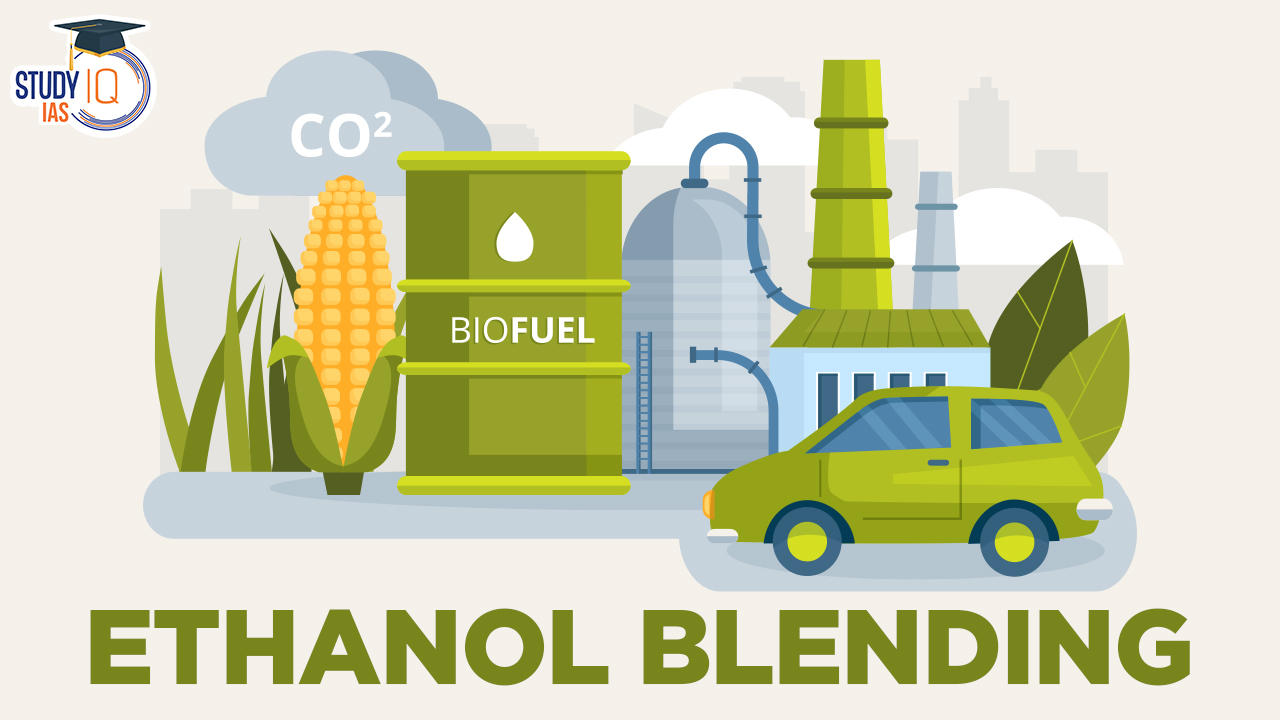
Is Ethanol Blending Beneficial for Engines When Pricing is Equal but Mileage Dips?
Ethanol blending in fuel brings a mix of benefits and drawbacks. When fuel prices remain constant but mileage suffers, consumers must weigh their options carefully.
Ethanol has notable environmental benefits. It helps reduce harmful emissions and greenhouse gases, which is crucial for cleaner air and a smaller carbon footprint. As a renewable source produced from biomass such as crops, ethanol presents a sustainable alternative to fossil fuels, appealing to eco-conscious individuals. Furthermore, ethanol has a higher octane number than traditional gasoline, which can enhance engine performance, particularly in engines specifically designed for higher ethanol blends.
However, it's essential to acknowledge the significant downside of ethanol blending: reduced mileage. Ethanol possesses less energy per gallon compared to gasoline, leading to decreased fuel efficiency and necessitating more frequent refueling for the same distance traveled. Additionally, ethanol can pose compatibility issues for older vehicles and small engines not engineered for higher ethanol content, often resulting in maintenance challenges.
An important consideration is the economic impact arising from these factors. If fuel pricing remains unchanged while mileage decreases, drivers ultimately face higher costs per kilometer. Thus, the appeal of ethanol blends can diminish significantly for those prioritizing fuel efficiency.
While ethanol blending does present some advantages in terms of environmental impact and potential engine performance in compatible vehicles, the trade-off of lower mileage could prove problematic, particularly for budget-conscious motorists. Ultimately, those who prioritize sustainability may still find value in ethanol blending, even if they encounter a mileage penalty.
For more insights on the subject, check out this article on Ethanol Fuel and Its Environmental Impact.
Understanding How Ethanol Impacts Engine Performance
Ethanol's influence on engine performance is complex, showcasing a mix of advantages and drawbacks based on factors like fuel concentration, engine design, and operational conditions.
On the positive side, ethanol possesses a higher octane rating compared to standard gasoline. This advantage allows engines optimized for ethanol blends to operate at greater compression ratios, which in turn can lead to enhanced power output and performance. Additionally, ethanol promotes cleaner combustion due to its oxygen content, which minimizes the buildup of carbon deposits within the engine. This characteristic contributes to maintaining engine cleanliness and overall efficiency over time. Furthermore, engines compatible with ethanol can benefit from improved power responsiveness due to aggressive ignition timing.
However, there are also significant negative effects to consider. Ethanol contains approximately 33% less energy per volume than gasoline, resulting in decreased fuel efficiency and mileage for the same quantity of fuel consumed. This lower energy content can lead to increased fuel consumption, despite any potential gains in power output. Moreover, the ignition delay that ethanol can introduce in diesel engines may compromise smooth operation, while its higher heat of vaporization might complicate cold starts, particularly in colder climates.
Material compatibility is another critical concern. Ethanol's corrosive properties can damage components—such as rubber, plastic, and metal—that are not designed to handle its presence, potentially leading to long-term wear and performance issues. Ultimately, the overall impact of ethanol on engine performance hinges on numerous factors, emphasizing the importance of engine calibration and compatibility when using ethanol-blended fuels.
For further insights into ethanol's role in fuel performance, check out this comprehensive guide on ethanol fuel.
